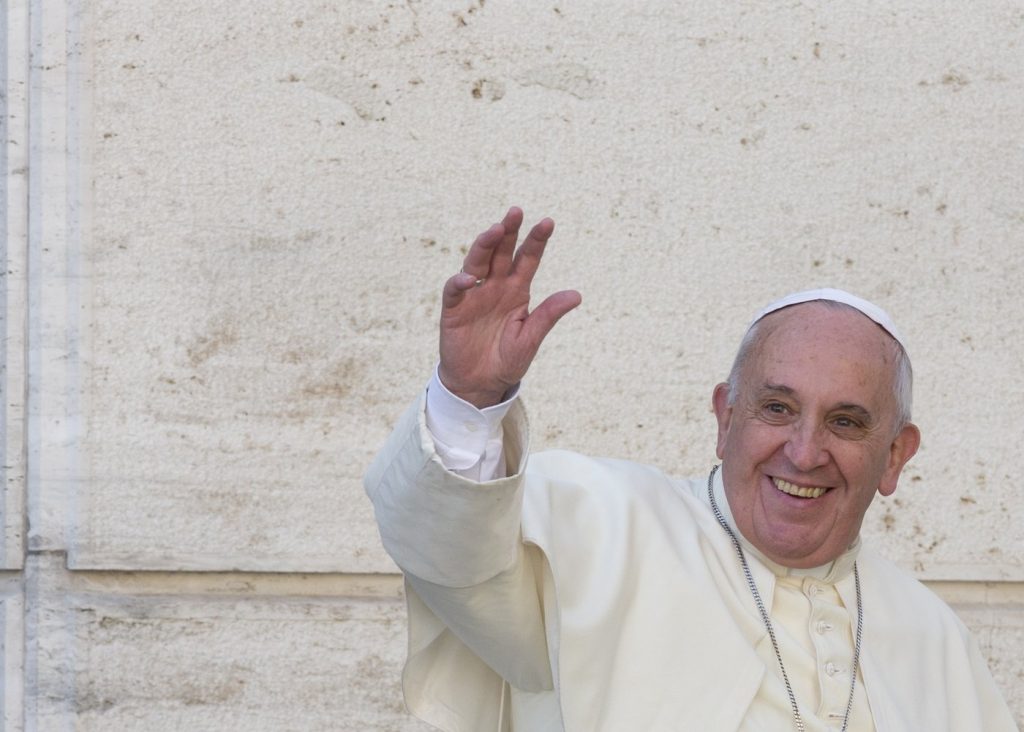The papacy of Pope Francis concluded with the Catholic Church maintaining its core doctrines related to LGBTQ+ individuals. The Church still expressly rejects same-sex marriage and labels sexual relations between gay or lesbian partners as "intrinsically disordered." However, unlike his predecessors, Pope Francis gradually communicated through actions, formal statements, and informal remarks a desire for the Church to become a more inclusive environment for LGBTQ+ individuals.
Despite facing criticism from conservative Catholic leaders for his outreach to LGBTQ+ people, which at times included anger and resistance, activists expressed their frustration over the absence of doctrinal breakthroughs while recognizing his warmth toward them. Sarah Kate Ellis, the CEO of the advocacy group GLAAD, stated that Francis was a "transformational leader" who engaged with the LGBTQ+ community in unprecedented ways, emphasizing the urgent need for inclusion and compassion in a divided world.
In 2023, Pope Francis decided to permit priests to bless same-sex couples, a move that drew ire from many conservative factions. African bishops collectively refused to implement this declaration, arguing that same-sex relationships were "contrary to the will of God." Although the declaration retained traditional teaching regarding marriage as a union between a man and a woman, it allowed for spontaneous blessings of same-sex couples seeking God's grace, as long as these blessings were not mistaken for marriage rites. Francis later acknowledged the resistance this declaration faced, attributing it to a lack of understanding among opposing bishops.
The Pope's welcoming approach extended to marginalized communities, such as transgender women in Rome who had historically been excluded from the Church. Andrea Paola Torres Lopez, a Colombian transgender woman, expressed the transformative impact of Pope Francis' leadership, stating that the Church became more open and accepting under his guidance.
The mixed legacy of Pope Francis was encapsulated during the 2023 synod, which brought together numerous bishops and laity to discuss the future of the Church. Although the agenda included LGBTQ+ issues, the final summary of the three-week synod omitted any mention of LGBTQ+ people, reflecting the influence of conservative opposition to Francis' initiatives. During the synod, Francis met with a delegation from New Ways Ministry, an organization advocating for LGBTQ+ Catholics, where he encouraged them to remain hopeful despite the synod's limitations in recognizing their struggles.
In May 2024, controversy arose when Pope Francis apologized after using a vulgar term about homosexuality during a meeting, which he referenced in the context of reaffirming the Vatican's ban on gay men entering seminaries. This incident overshadowed his previous warm interactions with the LGBTQ+ community and raised concerns about his commitment to inclusivity.
Francis' commitment to LGBTQ+ issues was demonstrated through his actions and public statements, starting with his famous 2013 comment "Who am I to judge?" regarding a purportedly gay priest. His earlier support for legal protections for same-sex couples in Buenos Aires signaled a shift toward a more compassionate and inclusive message for LGBTQ+ individuals. Advocates welcomed later Vatican statements in 2023, allowing specific conditions for the baptism and roles of transgender individuals within the Church, reversing earlier outright bans.
Furthermore, Pope Francis addressed the criminalization of homosexual activity in various countries, calling such laws unjust and advocating for their elimination. He reiterated that "being homosexual isn't a crime," urging bishops in regions supportive of discriminatory laws to undergo a "process of conversion" to recognize the dignity of all individuals. His commitment to fostering greater understanding and acceptance resonated positively with advocates, though some insisted that change must extend beyond words to encompass doctrinal reforms for true safety within the Church.











